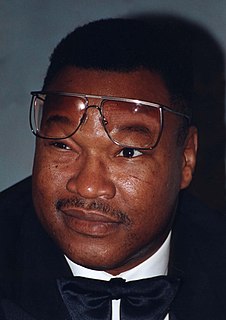A Quote by David Ricardo
For price is everywhere regulated by the return obtained by this last portion of capital, for which no rent whatever is paid.
Related Quotes
We say that flowers return every spring, but that is a lie. It is true that the world is renewed. It is also true that that renewal comes at a price, for even if the flower grows from an ancient vine, the flowers of spring are themselves new to the world, untried and untested. The flower that wilted last year is gone. Petals once fallen are fallen forever. Flowers do not return in the spring, rather they are replaced. It is in this difference between returned and replaced that the price of renewal is paid. And as it is for spring flowers, so it is for us.
Obviously, consideration of costs is key, including opportunity costs. Of course capital isn't free. It's easy to figure out your cost of borrowing, but theorists went bonkers on the cost of equity capital. They say that if you're generating a 100% return on capital, then you shouldn't invest in something that generates an 80% return on capital. It's crazy.
In the kingdom of ends everything has either a price or a dignity. Whatever has a price can be replaced by something else as its equivalent; on the other hand, whatever is above all price, and therefore admits of no equivalent, has a dignity. But that which constitutes the condition under which alone something can be an end in itself does not have mere relative worth, i.e., price, but an intrinsic worth, i.e., a dignity.
Over the long term, it's hard for a stock to earn a much better return that the business which underlies it earns. If the business earns six percent on capital over forty years and you hold it for that forty years, you're not going to make much different than a six percent return - even if you originally buy it at a huge discount. Conversely, if a business earns eighteen percent on capital over twenty or thirty years, even if you pay an expensive looking price, you'll end up with one hell of a result.
Most of these charges that people pay are economically unnecessary. There's no real cost behind them. There's no real value behind them. So, they're what the classical economist called empty pricing. Prices with no real cost value. What they called rent and fictitious capital. Capital claims on junk mortgage borrowers. The pretense is that all these debts can be paid but it's all fictitious, because everybody knows - at least on Wall Street everybody knows - that many debts can't be paid.

































